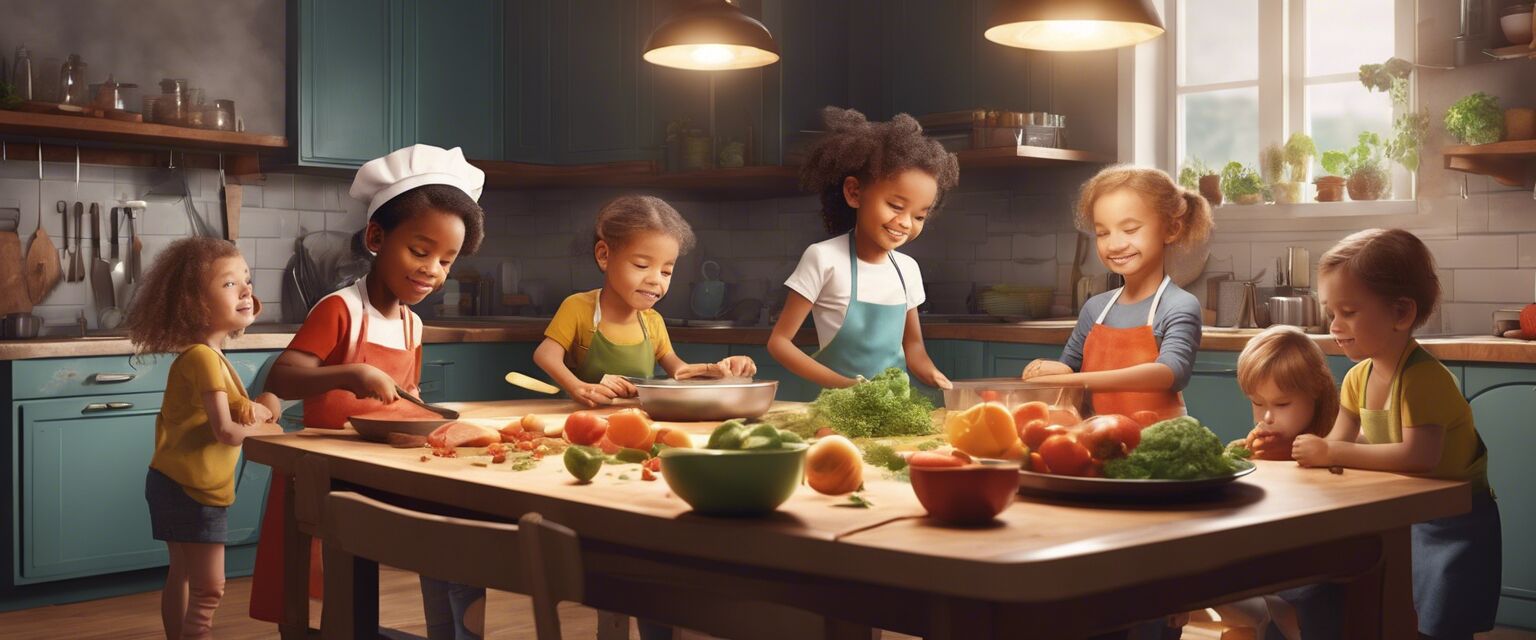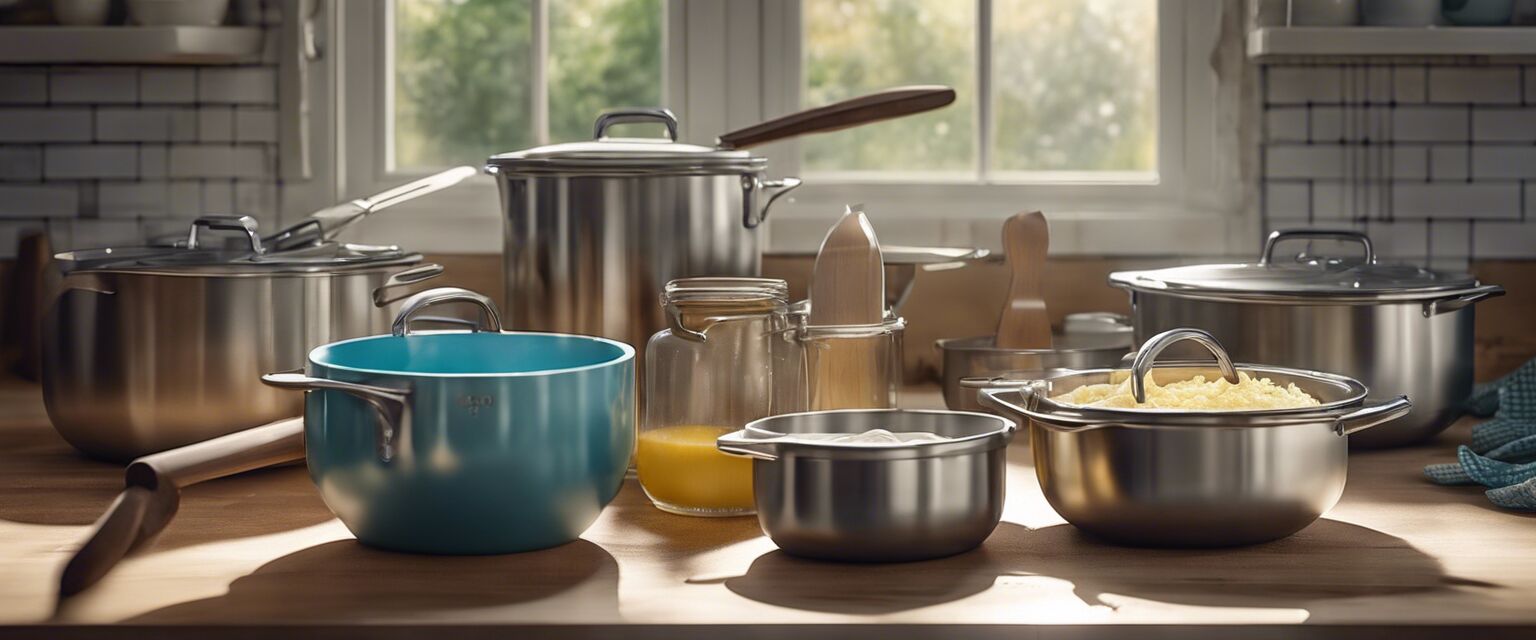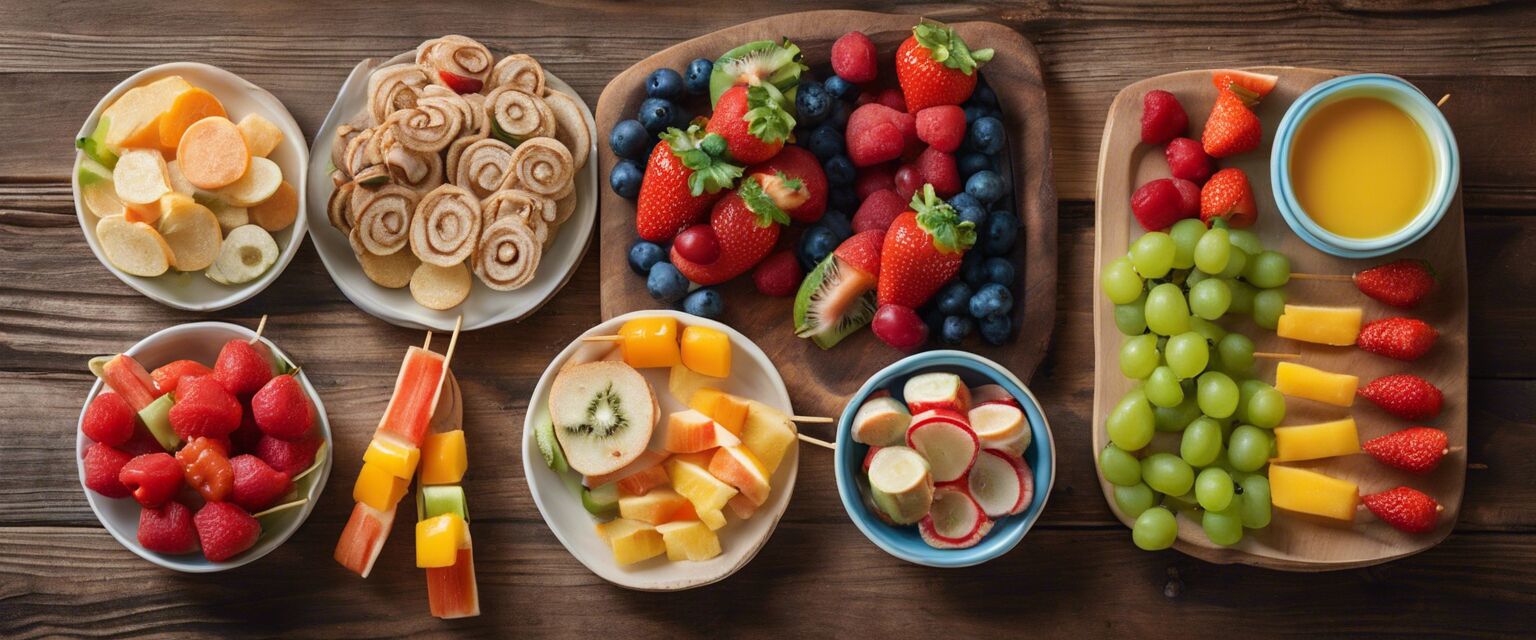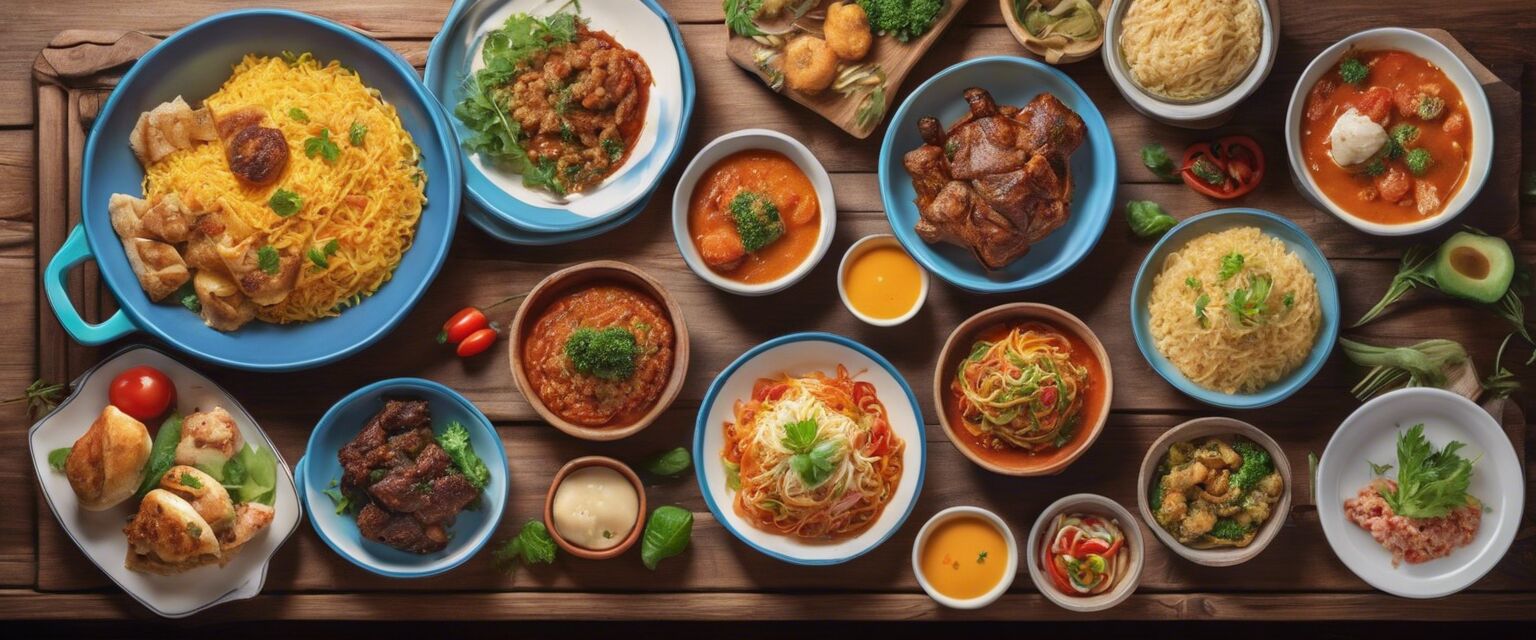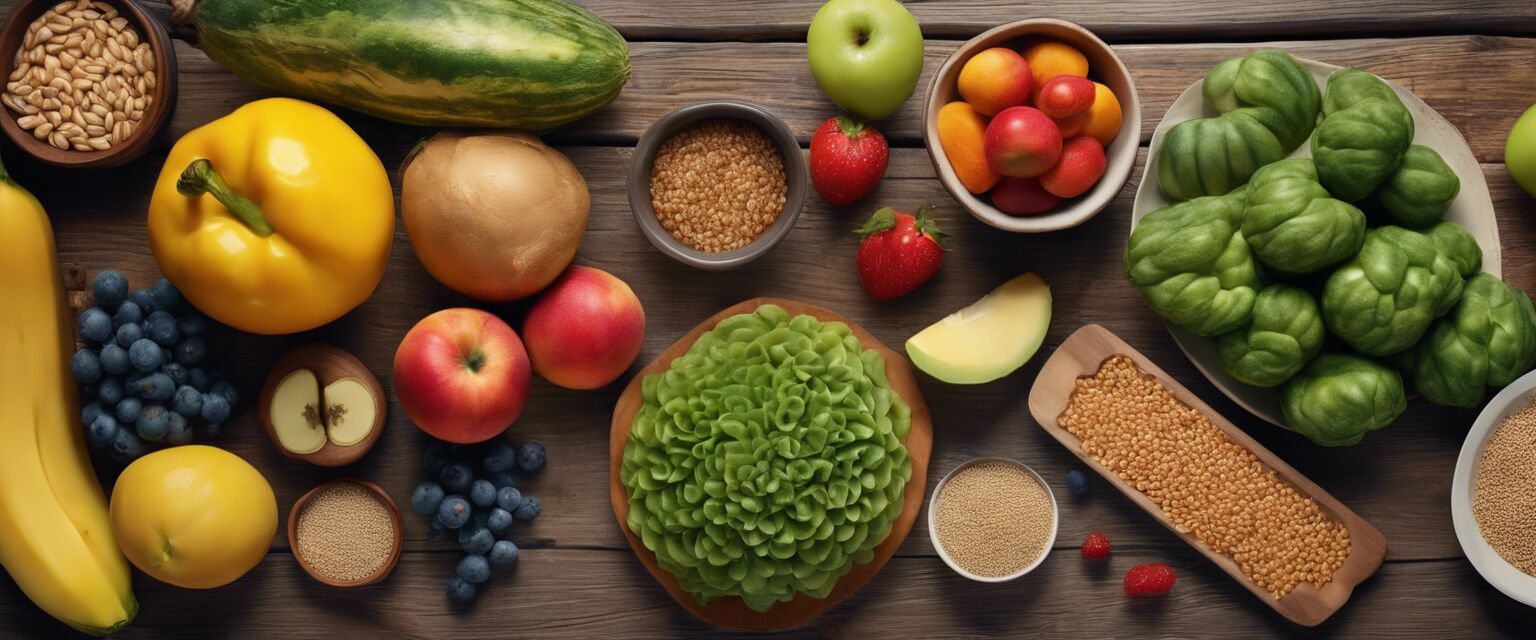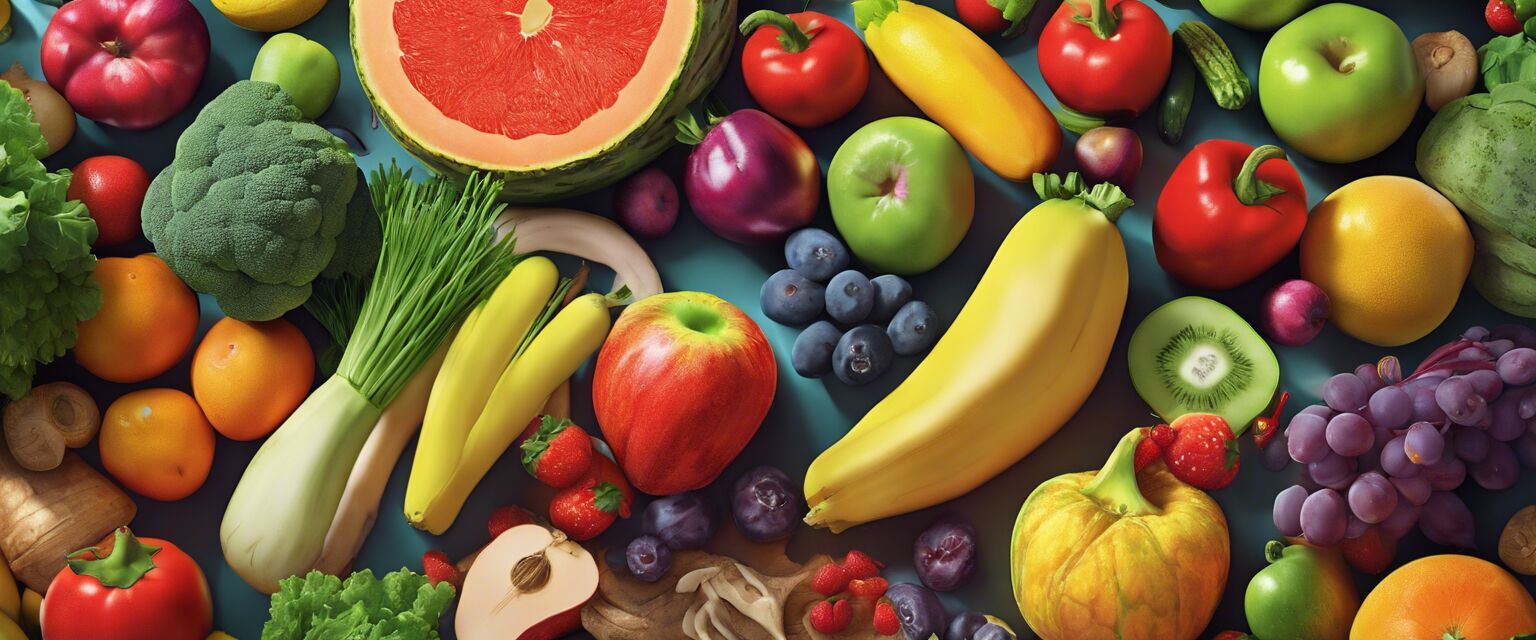
Kitchen Skills Development
Key Takeaways
- Teaching kitchen skills fosters independence and confidence in children.
- Interactive recipes help children stay engaged while learning.
- Emphasizing safety can make cooking a fun and worry-free experience.
- Encouraging creativity in cooking contributes to a lifelong love for food.
- Cooking together provides valuable bonding time for families.
Involving children in the kitchen can be a fun and rewarding experience! Not only does it teach them essential life skills, but it also provides an opportunity for creativity and bonding. In this guide, weâll explore various kitchen skills that can be developed in children aged 4-12, while ensuring safety and enjoyment. Letâs delve into the world of cooking!
Why kitchen skills matter for children
Developing kitchen skills in children has numerous benefits, including:
- Improving fine motor skills through hands-on activities.
- Enhancing their understanding of nutrition and food preparation.
- Building confidence and independence in the kitchen.
Essential kitchen skills for children
Here are some key kitchen skills children should learn:
| Kitchen Skill | Age 4-6 | Age 7-9 | Age 10-12 |
|---|---|---|---|
| Washing fruits and vegetables | Assisted | Independently | Teaching others |
| Measuring ingredients | Using measuring cups | Understanding measurements | Scaling recipes |
| Basic knife skills | Using a butter knife | Practicing with safety knives | Chopping with supervision |
| Baking | Mixing batter | Following instructions | Baking independently |
| Setting the table | Assisting | Learning the layout | Hosting a meal |
Cooking safety tips for kids
Safety in the kitchen is paramount. Here are some essential safety tips:
- Always wash hands before starting.
- Use child-safe utensils and cookware.
- Keep sharp objects and hot surfaces away from young kids.
- Teach children to ask for help when needed.
- Supervise when using the stove or oven.
Fun and engaging recipes for kids
Make cooking enjoyable! Here are ideas for kid-friendly recipes:
- Easy-to-Make Snacks
- Baking for Beginners
- Family Dinner Recipes
- Healthy Lunch Ideas
- Holiday and Themed Cookbooks
Example Recipe: Fruit Kabobs
This simple recipe encourages creativity. Children can choose their favorite fruits and make colorful kabobs. Itâs also a great way to teach them about nutrition!
| Ingredients | Apples, bananas, strawberries, grapes, skewers |
|---|---|
| Instructions |
|
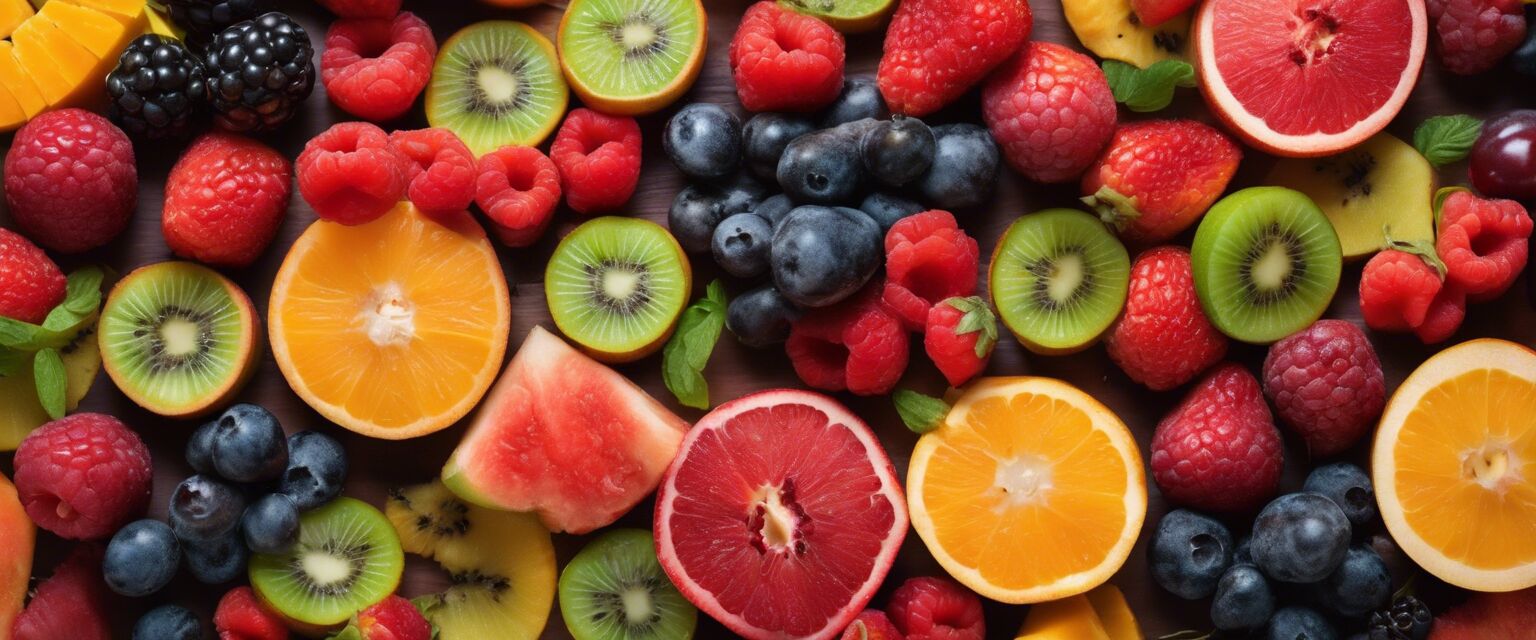
Parental involvement and bonding
Cooking provides an excellent opportunity for parents and children to bond. When you cook together, you create memories and teach valuable life skills all at once.
Activities for bonding through cooking
- Organize a family cooking night with a theme.
- Let children choose recipes for the week.
- Encourage them to partake in meal planning.
- Create a recipe book with their favorite meals.
Tips for beginners in cooking with kids
- Start with simple recipes that require fewer ingredients.
- Choose recipes that allow kids to use their hands.
- Make cooking an enjoyable experience by allowing for creativity.
- Be patient and encouraging as they learn.
Conclusion
Teaching kitchen skills to children is not only beneficial for their development but also a great way to foster a love for food and cooking. By focusing on safety and engagement, you can transform your kitchen into a place of joy and learning. Embrace the opportunity to bond with your child while cultivating essential life skills and a lifetime passion for cooking!
Pros
- Encourages independence in children.
- Fosters creativity and exploration.
- Builds confidence in the kitchen.
- Improves nutritional knowledge.
Cons
- Potential for mess in the kitchen.
- Requires supervision for safety.
- Some children may have food allergies to consider.

